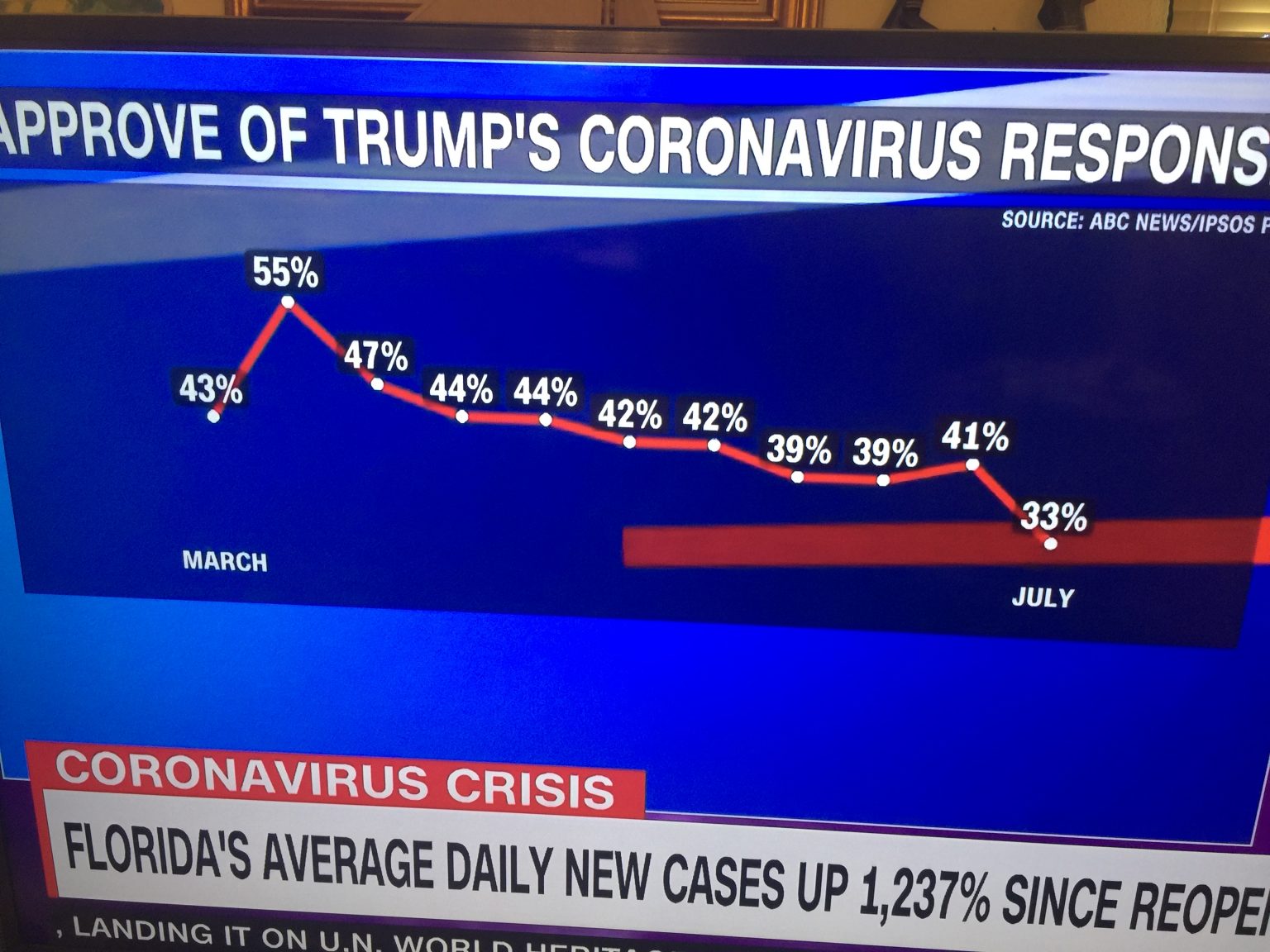An Insight Into Intelligence And Leadership
The concept of intelligence has always been a subject of debate, especially when it comes to public figures like Donald Trump. The "Trump IQ test" is often mentioned in discussions surrounding his leadership and decision-making capabilities. While many admire his business acumen and political strategies, others question the depth of his intelligence. This article aims to explore the intricacies of the Trump IQ test, delving into his biography, public perception, and the implications of intelligence in leadership.
In a world where intelligence is frequently measured and compared, the Trump IQ test serves as a reminder of how subjective such assessments can be. Trump's approach to politics and business has garnered both acclaim and criticism, leading to varied interpretations of his intellectual capabilities. Through this exploration, we will address not only the test itself but also the broader implications of intelligence in leadership roles.
As we venture into the topic of the Trump IQ test, we will also look at the intersection of intelligence and emotional understanding, particularly in high-pressure environments like politics. What does it mean to be a leader in today's world, and how does intelligence, in all its forms, play a role in shaping effective governance? Join us as we dissect these questions and more.
What is the Trump IQ Test?
The Trump IQ test refers to the various attempts to measure or estimate Donald Trump's intelligence based on his actions, speeches, and public persona. While there is no official IQ test that Trump has taken publicly, many pundits and analysts have attempted to assess his intelligence through various means, including surveys, public speaking analysis, and psychological evaluations.
How has Donald Trump's Intelligence Been Perceived?
Perceptions of Trump's intelligence vary widely across the political spectrum. Supporters argue that his unconventional approach to politics is a sign of intelligence that diverges from traditional norms. Critics, on the other hand, point to instances of misinformation or gaffes as evidence of a lack of understanding. This divide raises the question of how intelligence is defined and judged in the realm of politics.
What Factors Contribute to Public Perception of Trump's Intelligence?
- Communication Style: Trump's unique way of speaking often involves simplistic language and repetition, which can lead to mixed interpretations.
- Business Acumen: Many supporters cite his success in the business world as evidence of high intelligence.
- Political Strategy: His ability to connect with a specific voter base and navigate complex political landscapes has also been a point of discussion.
- Media Representation: The portrayal of Trump in the media often shapes public perception, influencing beliefs about his intelligence.
Who is Donald Trump? A Brief Biography
| Attribute | Details |
|---|---|
| Name | Donald John Trump |
| Date of Birth | June 14, 1946 |
| Place of Birth | Queens, New York City, USA |
| Education | Wharton School of the University of Pennsylvania (B.S. in Economics) |
| Occupation | Businessman, Television Personality, Politician |
| Political Party | Republican |
| Presidency | 45th President of the United States (2017-2021) |
What Impact Does Intelligence Have on Leadership?
The Trump IQ test raises important questions about the relationship between intelligence and effective leadership. In politics, intelligence can manifest in various ways, including emotional intelligence, strategic thinking, and the ability to communicate effectively. Leaders who possess a high level of intelligence may navigate challenges more adeptly, but they must also connect with their constituents on a personal level.
Is Emotional Intelligence More Important Than IQ in Politics?
Emotional intelligence (EQ) is often highlighted as a critical component of effective leadership. While traditional IQ tests measure cognitive abilities, EQ focuses on understanding emotions, empathizing, and navigating social complexities. This distinction raises the question of whether Trump's success in politics can be attributed more to his emotional intelligence rather than his cognitive abilities.
Can the Trump IQ Test Provide Valuable Insights?
While the Trump IQ test may not provide definitive answers regarding Trump's intelligence, it can offer valuable insights into the complexities of leadership in a democratic society. Understanding how intelligence is perceived and measured can help us appreciate the multifaceted nature of political leadership and the varying traits that contribute to success.
Conclusion: What Can We Learn from the Trump IQ Test?
In conclusion, the Trump IQ test serves as a lens through which we can examine the intricate relationship between intelligence, leadership, and public perception. As we navigate through the challenges of modern governance, it is essential to consider the diverse attributes that contribute to effective leadership beyond mere IQ scores. By doing so, we can foster a deeper understanding of what it means to lead in today's complex political landscape.



ncG1vNJzZmixn6PAtr7IZqWeq6RjsLC5jq2pnqaUnruohY6tqa6loGK2snnTnqqtZpipuq0%3D